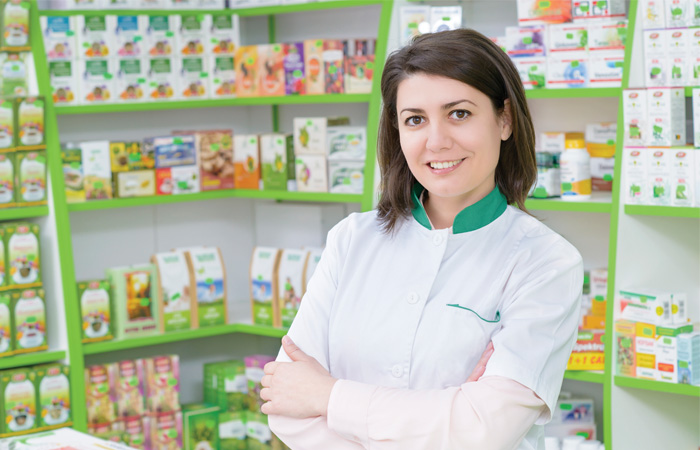Further info

Pharmacy and infant feeding
In Further info
Bookmark
Record learning outcomes
There are many reasons why pharmacies should engage with the baby category, not least because if pharmacy teams earn the trust of a parent early on in their child’s life, they may just gain a customer for life
Some pharmacies are reluctant to take on infant feeding as a major category and devote staff time and training as well as shelf space to an area that they feel is dominated by the supermarkets.

But the baby milks sector is going from strength to strength. Total sales of baby milks are currently worth £319.8 million, up 7.6 per cent year on year, and this is despite the growth of the total baby care category up only one per cent year on year to £1.47 billion (according to Kantar Worldpanel data, 52 weeks ending 9 October 2016).
Therefore, pharmacies can use this category as an opportunity to create and grow their business as well as to support parents and win customers for life.
Customers who come to the pharmacy for advice and support on infant feeding will also purchase other baby care accessories, says Mandeep Mudhar, Numark’s director of marketing. Adding: “Pharmacists can provide that added element of advice with a purchase that the customer can’t get from a supermarket.” What’s more, training the whole pharmacy team to have conversations with parents about common infant feeding problems can have a huge impact on parents and the wellbeing of their children.
By offering good customer service to a parent, pharmacy teams can develop customer loyalty and the pharmacy may become the parent’s- destination for the whole family’s healthcare. So what have you got to lose?
 Training is key
Training is key
A pharmacy team that is engaged in the baby and infant care category and confident in having customer conversations relies on category and clinical knowledge. Use this guide as a basis for the whole team’s learning needs, but check out these other resources too:
- Trade magazines and websites such as Training Matters and Pharmacy Magazine
- The infant feeding category hub for training, articles and sponsored SMA Nutrition content
- Aptamil’s CPD programme and website
- SMA’s Pharmacy Champion programme, and company website.
What are the do’s and don’ts for improving the infant feeding category?
 Do:
Do:
 Ensure the whole pharmacy team is well-trained and informed about infant feeding
Ensure the whole pharmacy team is well-trained and informed about infant feeding- Advise breastfeeding as a first step
- Offer a friendly ear, advice and support at the point of purchase or when the customer is browsing
- Link sales across the whole baby and infant care category
- Locate the baby and infant care category in an easily accessible area to allow parents with pushchairs to access the shelves
- Ensure that merchandising makes it as simple as possible for time-pressed parents and carers to select products.
 Don't:
Don't:
- Offer any price promotions, including discounting short-dated products or use point of sale material or special displays that could be seen to be promoting formula feeding
- Fall foul of the Infant Formula and Follow-on Milk Regulations, which specify that only pharmacists, pharmacy technicians and other healthcare professionals can give advice on baby milks.
 Case in point
Case in point
Weldricks, a pharmacy chain in South Yorkshire, conducted a 12-week pilot study with Nutricia Early Life Nutrition, to improve the success of baby category sales.
What did Weldricks do?
- Pharmacists and pharmacy technicians completed an e-learning programme about infant nutrition and infant feeding problems
- Medicines counter assistants received face-to-face training to give them the confidence to engage with customers
- Improved the display of the baby feeding range by separating core milks from specialist milks and placing booklets and flip cards with information about common feeding problems on the shelves, signposting customers to ‘Ask the Pharmacist’ for advice
- Advertised the ‘baby advice service’ in the pharmacy window and in GP surgeries.
What were the results?
Compared to five control pharmacies which did not make any changes to their baby care marketing or service, the results of the pilot study showed:
- A 65 per cent sales uplift in the baby category, compared with only seven per cent in the control pharmacies
- A 79 per cent sales uplift in baby milks, compared with only two per cent in the control pharmacies
- A 58 per cent sales uplift in baby accessories compared with 11 per cent in the control group.
Commenting on the trial and its results, Weldricks superintendent pharmacist Richard Wells said: “Staff are now engaging with customers and we are seeing some end results. This is a customer base we might have lost in the past.”
Next, read the article on communication skills.
